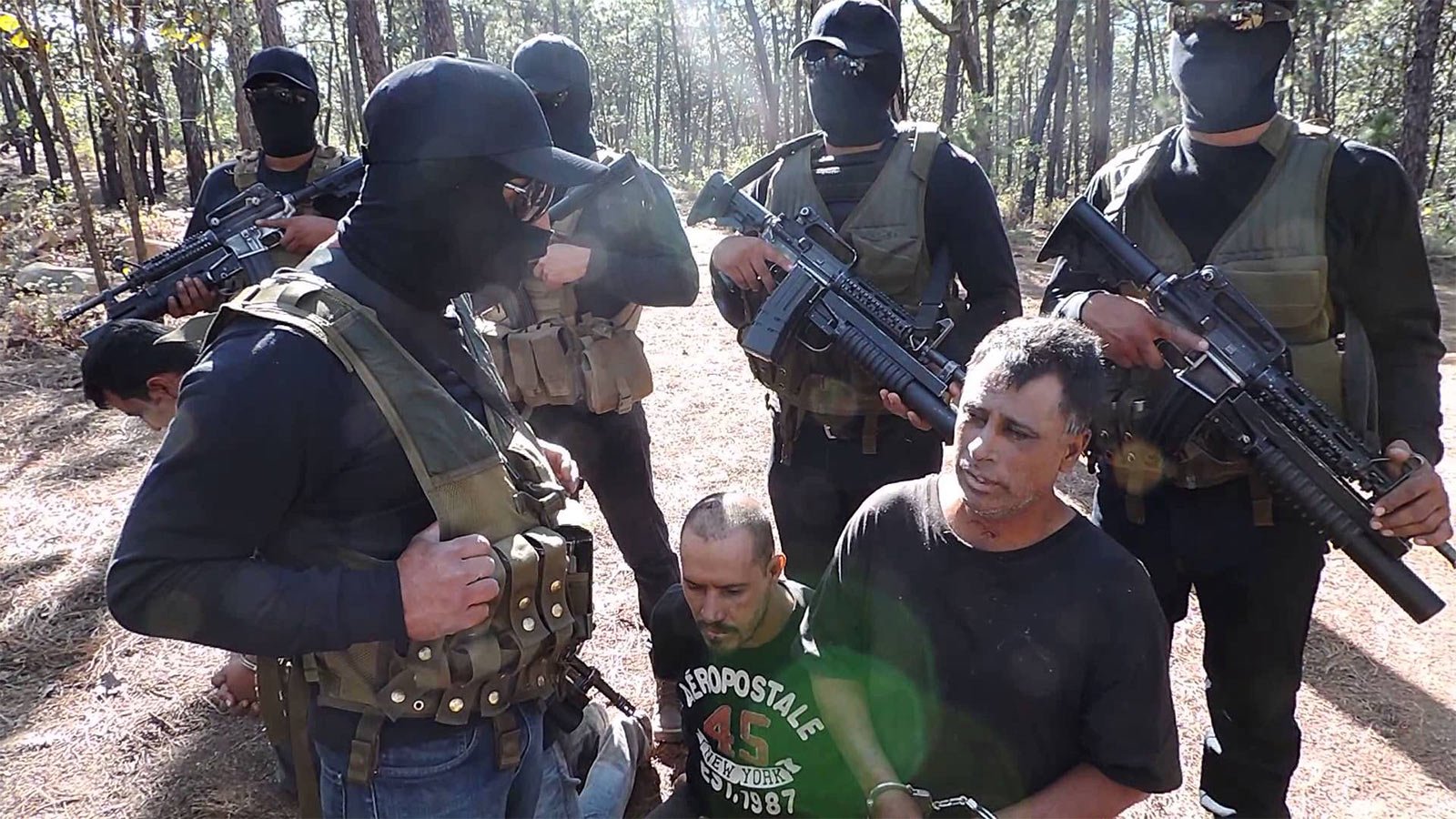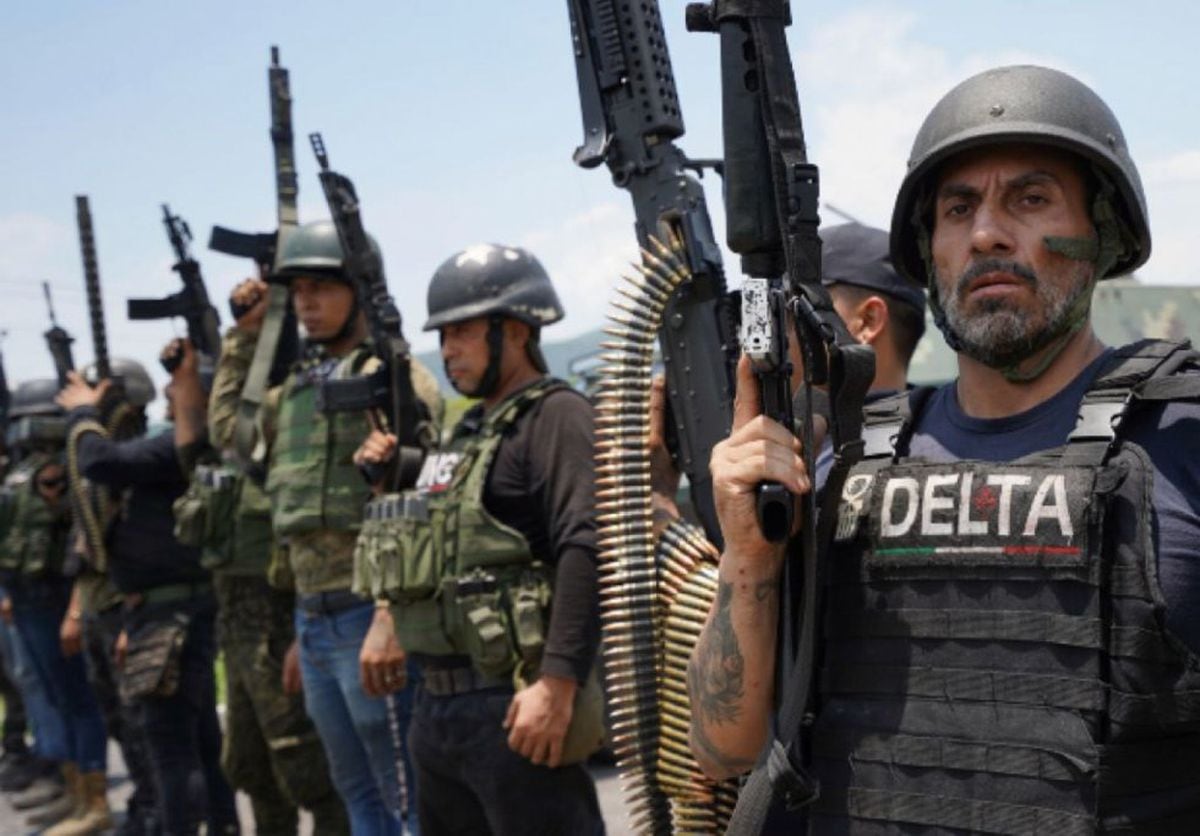Are there limits to what can be shown online? The brutal violence depicted in the infamous "quiero agua" video has not only shocked the internet but also ignited a fierce debate about the boundaries of free speech and the responsibility of social media platforms.
We delve into the heart of darkness, exploring the horrific act of violence perpetrated by the Jalisco New Generation Cartel (CJNG) in Mexico. The repercussions of this gruesome display extend far beyond the digital realm, leaving a lasting scar on both Mexican society and the global online community. The "quiero agua" video, a chilling testament to the CJNG's brutality, has become synonymous with the unchecked violence that plagues parts of Mexico.
| Aspect | Details |
|---|---|
| Victim's Identity | Known as the "Mexican Ghost Rider" |
| Location | Cotija, Michoacn, Mexico |
| Cartel | Jalisco New Generation Cartel (CJNG) |
| Perpetrator | Head of the local CJNG cartel organization, nicknamed "El Clown" |
| Video Title Translation | "I Want Water" |
| Nature of the Crime | Torture and Execution |
| Specific Act of Violence | Skinned alive from the face |
| Social Media Platforms Involved | YouTube, TikTok |
| View Count (Approximate) | Close to 200,000 on YouTube before potential removal |
| Impact | Traumatized internet users, raised concerns about cartel violence and social media moderation |
| Related Search Terms | El Payaso (The Clown) |
| Warning | Extreme caution advised when searching for "quiero agua" online due to graphic content. |
| Reference Link | InSight Crime - Jalisco Cartel New Generation (CJNG) Profile |
The video, which went viral with the title "Yo Quiero Agua," translating to "I Want Water," depicts the horrific torture and subsequent execution of a man known as the "Mexican Ghost Rider." The barbarity of the act is difficult to comprehend, the victim was skinned alive, starting from his face. This wasn't a random act of violence; it was a calculated display of power, orchestrated by the head of the local CJNG cartel organization, a figure known by the chilling nickname "El Clown."
The "quiero agua" video is more than just a disturbing piece of content; it's a stark reminder of the grip that cartels hold over certain regions of Mexico. The Jalisco New Generation Cartel, in particular, has gained notoriety for its extreme brutality, and this video serves as a gruesome illustration of their methods. The fact that such a video could circulate online, garnering nearly 200,000 views on YouTube before potentially being taken down, raises serious questions about content moderation and the ability of social media platforms to control the spread of violent propaganda.
The ease with which this video bypassed moderation filters is deeply concerning. How could such graphic content remain accessible for so long, potentially exposing countless individuals to its horrors? The failure of these platforms to effectively police their content highlights a significant vulnerability in the digital landscape, one that cartels and other criminal organizations are all too willing to exploit.
For those unaware of the video's existence, a word of caution is necessary: it is strongly advised against searching for the phrase "quiero agua" on YouTube or any other social media platform. The images contained within are profoundly disturbing and can have a lasting psychological impact. The risk of encountering such graphic content outweighs any potential curiosity.
- Hikaru Nagi Chess Prodigy Storms The World News More
- Yinyleon What Really Happened The Truth Revealed Rip
The video was reportedly filmed by a member of the CJNG cartel, further underscoring the organization's brazen disregard for the law and their willingness to use social media as a tool for intimidation and propaganda. The fact that "El Payaso" (The Clown) is listed among the search terms that should never be searched speaks volumes about his notoriety and the fear he inspires.
While the video is known as "Yo Quiero Agua" in Mexico, it has gained international recognition under the same name across platforms like Google, YouTube, and TikTok. The widespread dissemination of this content underscores the global reach of cartel violence and the challenges of containing its digital footprint. The potential for desensitization and the normalization of violence are significant concerns.
The circulation of the "quiero agua" video has had a profound impact on Mexican society. It has reignited public concern about cartel violence and exposed the brutal tactics employed by these criminal organizations. The video serves as a chilling reminder of the climate of fear and impunity that exists in many parts of the country.
The "quiero agua" video is not an isolated incident; it is part of a larger pattern of cartel violence that has plagued Mexico for years. The country has become a battleground for rival cartels vying for control of lucrative drug trafficking routes and other criminal enterprises. The consequences of this conflict are devastating, with countless lives lost and communities torn apart.
The effects of the ongoing drug war extend far beyond the immediate victims of violence. The climate of fear and insecurity undermines the rule of law, weakens institutions, and hinders economic development. The "quiero agua" video is a stark reminder of the urgent need for comprehensive strategies to combat cartel violence and restore stability to affected regions.
The "quiero agua" video is a stark illustration of the challenges of content moderation in the digital age. Social media platforms face a constant battle to remove violent and illegal content, but they are often outpaced by the sheer volume of material being uploaded. The use of algorithms and human moderators is essential, but these methods are not foolproof.
The case of the "quiero agua" video highlights the need for greater collaboration between social media platforms, law enforcement agencies, and international organizations to combat the spread of cartel propaganda and other forms of online violence. A multi-faceted approach is required to effectively address this complex issue.
The violence captured in the "quiero agua" video is particularly shocking, even in a country accustomed to cartel brutality. The act of skinning a person alive is a form of torture that is intended to inflict maximum pain and suffering. This level of depravity underscores the moral bankruptcy of the perpetrators and the urgent need to hold them accountable.
The "quiero agua" video serves as a grim reminder of the human cost of the drug war. The victim, now known as the "Mexican Ghost Rider," was a person with a life, a family, and a community. His brutal murder is a tragedy that should not be forgotten. His story serves as a call to action to combat the violence that claimed his life and to work towards a more just and peaceful future for Mexico.
The "quiero agua" video is a stain on the internet, a reminder of the dark side of social media and the ease with which violence can be spread. It is a call to action for platforms to strengthen their content moderation policies, for law enforcement to crack down on cartel propaganda, and for society to reject the normalization of violence. Only through a concerted effort can we hope to prevent future tragedies like this from occurring.
Beyond the immediate horror, the "quiero agua" video compels us to confront uncomfortable truths about the role of social media in amplifying violence and the responsibilities of those who control these powerful platforms. The video's existence and dissemination raise fundamental questions about free speech, censorship, and the ethical obligations of tech companies.
The "quiero agua" video is a testament to the CJNG's unbridled power and their complete disregard for human life. It is a chilling example of how cartels use violence to intimidate their rivals, control territory, and maintain their grip on power. The video is a warning to those who would challenge their authority, a message delivered with chilling brutality.
The "quiero agua" video has exposed the violent acts of cartels and rekindled public concern about cartel violence. It serves as a constant reminder of the dangers that exist in certain parts of Mexico and the need for sustained efforts to combat organized crime. The video has galvanized activists and community leaders to demand greater security and accountability from the government.
The "quiero agua" video is a disturbing and violent footage that surfaced on social media platforms. In the video, a man, now identified as the "Mexican Ghost Rider," is subjected to unimaginable torture before being executed. The video's graphic content has sparked outrage and condemnation around the world.
The victim of the "quiero agua" video was an inhabitant of the municipality of Cotija in the state of Michoacn. He was reportedly kidnapped by CJNG hitmen commanded by "El Clown," the plaza boss of this cartel in Aguililla. His murder is a tragic example of the collateral damage caused by the ongoing drug war.
The circulation of the "quiero agua" video is a reminder of the importance of critical thinking and media literacy. It is essential to be aware of the potential for online content to be manipulated or used for propaganda purposes. It is also important to be mindful of the psychological impact of viewing graphic content and to seek help if needed.
The "quiero agua" video is a chilling reminder of the challenges facing Mexico and the urgent need for comprehensive solutions to combat cartel violence. It is a call to action for the government, civil society, and the international community to work together to build a more just and peaceful future for the country.
In Michoacn, cells of the Jalisco Cartel New Generation (CJNG) and Los Viagras, of the Sierra Santana brothers, escalate the battle for control of the territory. This ongoing conflict has resulted in widespread violence and displacement, further exacerbating the humanitarian crisis in the region.
The "quiero agua" video serves as a stark reminder of the importance of protecting human rights and upholding the rule of law. It is essential to hold perpetrators of violence accountable and to provide support to victims and their families. The fight against impunity is crucial to breaking the cycle of violence and building a more just society.
The "quiero agua" video is a testament to the resilience of the Mexican people in the face of adversity. Despite the challenges they face, communities across the country are working tirelessly to build a better future. Their courage and determination are an inspiration to us all.



Detail Author:
- Name : Bella Howe
- Username : bret.abshire
- Email : medhurst.dasia@gmail.com
- Birthdate : 1988-01-30
- Address : 4849 D'Amore Rapid Lake Luisa, MD 67190
- Phone : +1.865.516.0453
- Company : Armstrong-Bins
- Job : Internist
- Bio : Nihil dolorum cumque voluptatem. Incidunt minima hic nobis. Qui quod quas inventore est est iusto eum. Magni accusamus dolorem deserunt alias.
Socials
tiktok:
- url : https://tiktok.com/@isadorefritsch
- username : isadorefritsch
- bio : Nemo similique aut tempore animi qui praesentium qui.
- followers : 6594
- following : 913
twitter:
- url : https://twitter.com/fritschi
- username : fritschi
- bio : Et eius harum veniam. Quidem enim ipsum officia modi quos. Explicabo rerum ducimus officia provident.
- followers : 2883
- following : 2863
linkedin:
- url : https://linkedin.com/in/ifritsch
- username : ifritsch
- bio : Quas ad nemo repudiandae eveniet est magnam id.
- followers : 5398
- following : 1094
facebook:
- url : https://facebook.com/isadore.fritsch
- username : isadore.fritsch
- bio : Distinctio est ex labore quis laudantium repellendus.
- followers : 6751
- following : 1829
instagram:
- url : https://instagram.com/isadore_xx
- username : isadore_xx
- bio : Velit consectetur tenetur animi. Architecto ut accusamus dolorem expedita et.
- followers : 5314
- following : 283